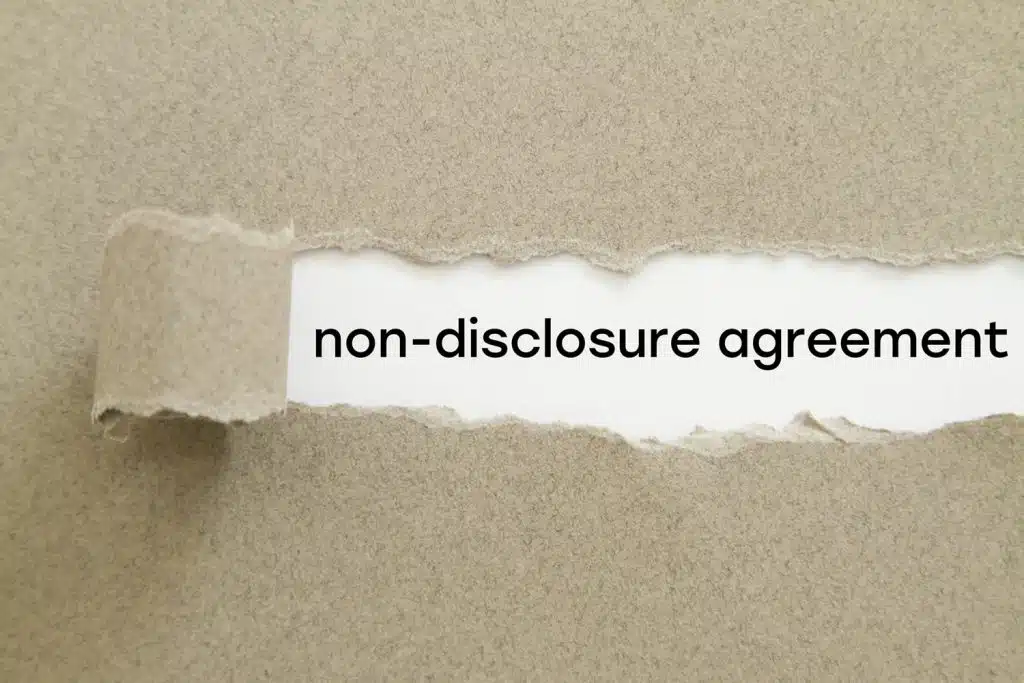Information about IP assigment deeds
Once the assignment is complete, the original owner of the IP has no rights to the IP, and the new owner may take action against the original owner if the original owner continues to use the IP.
The consideration (payment) for the assignment may take the form of a one-off payment or an ongoing royalty system, although other payment methods may be agreed upon.
It is important to carefully consider the scope of the assignment and how any IP rights that may arise in the future are to be governed.
An assignment of IP may occur as part of a sale of a business, or if a business decides it no longer needs the use of the IP.
We strongly recommend consulting a legal professional to assist in the drafting of the IP agreement, particularly given its irrevocable nature. At Lawbase, we have experience in drafting comprehensive and customisable IP assignment deeds to suit the needs of any entity. Please contact us if you have any questions arising from an IP assignment.
Get in touch
Fill in the form below and one of our team will be in touch. You can also phone 1300 149 140 during standard business hours.













